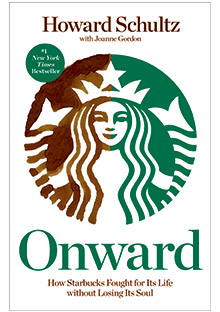
Read the Complete First Chapter of Howard Schultz's Onward
Chapter 1: A Beverage of Truth
One Tuesday afternoon in February 2008, Starbucks closed all of its US stores.
A note posted on 7,100 locked doors explained the reason:
"We're taking time to perfect our espresso.
Great espresso requires practice.
That's why we're dedicating ourselves to honing our craft."
Only weeks earlier, I'd sat in my Seattle office holding back-to-back meetings about how to quickly fix myriad problems that were beginning to surface inside the company. One team had to figure out how we could, in short order, retrain 135,000 baristas to pour the perfect shot of espresso.
Pouring espresso is an art, one that requires the barista to care about the quality of the beverage. If the barista only goes through the motions, if he or she does not care and produces an inferior espresso that is too weak or too bitter, then Starbucks has lost the essence of what we set out to do 40 years ago: inspire the human spirit. I realize this is a lofty mission for a cup of coffee, but this is what merchants do. We take the ordinary—a shoe, a knife—and give it new life, believing that what we create has the potential to touch others' lives because it touched ours.
Starbucks has always been about so much more than coffee. But without great coffee, we have no reason to exist.
"We looked at all the options," the team seated around me said. "The only way to retrain everyone by March is to close our stores, all at once."
I sat back in my chair. It would be a powerful statement, but no retailer had ever done such a thing. "That's a big idea," I replied, considering the risks. Starbucks would lose several million dollars in sales and labor costs. That would be unavoidable. Competitors would capitalize on our absence and try to lure away our customers. Critics would gloat, cynics would smirk, and the always-unpredictable media scrutiny could be humiliating. On Wall Street, our stock could sink even lower. Most dangerous of all, such a massive retraining event would be perceived as our own admission that Starbucks was no longer good enough. But if I was honest with myself, I knew that that was the truth.
I pursed my lips and looked at the team. "Let's do it."
***













